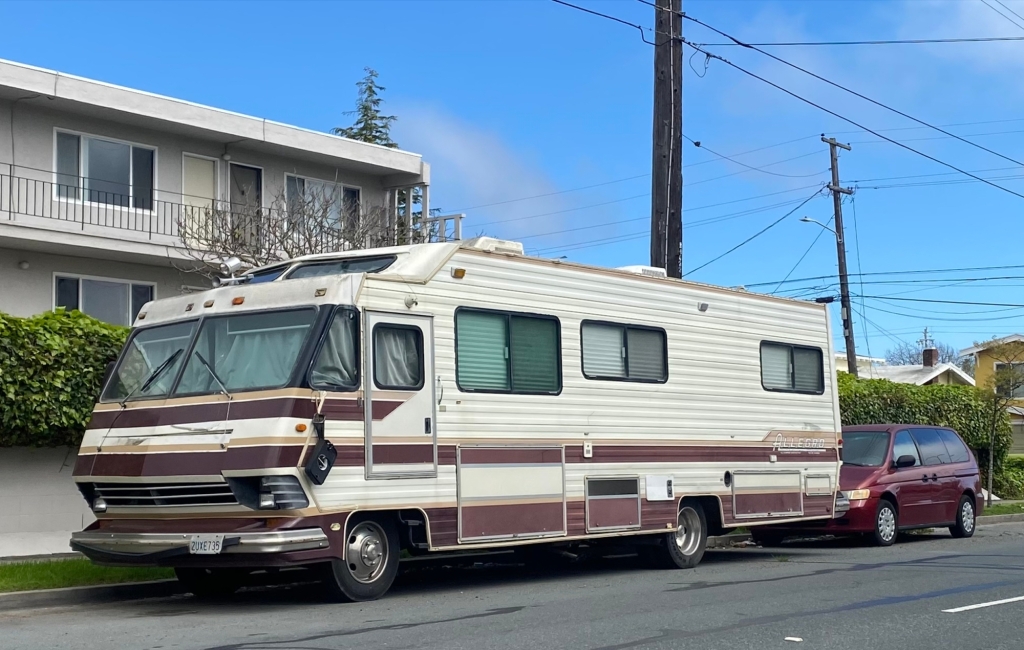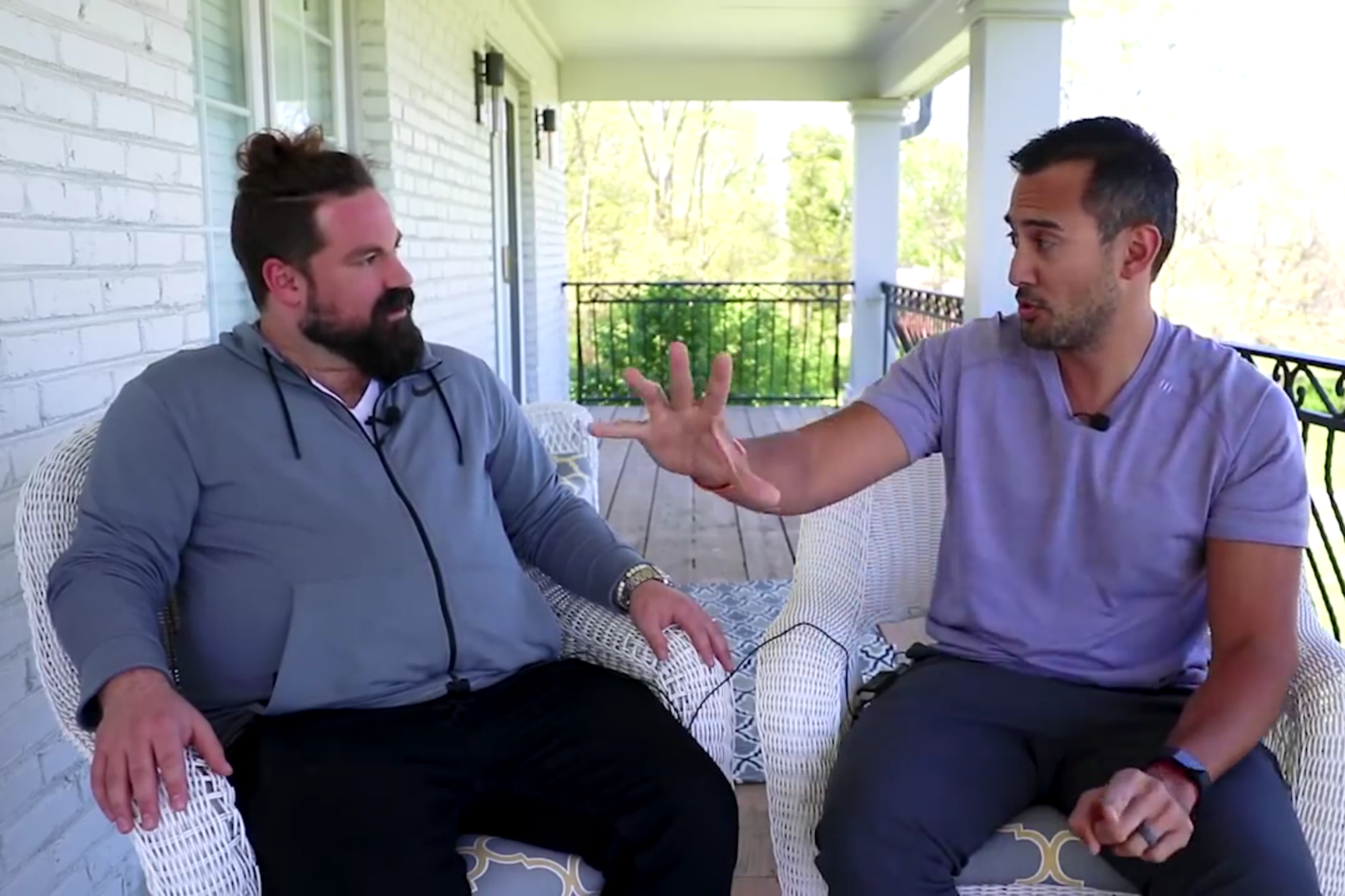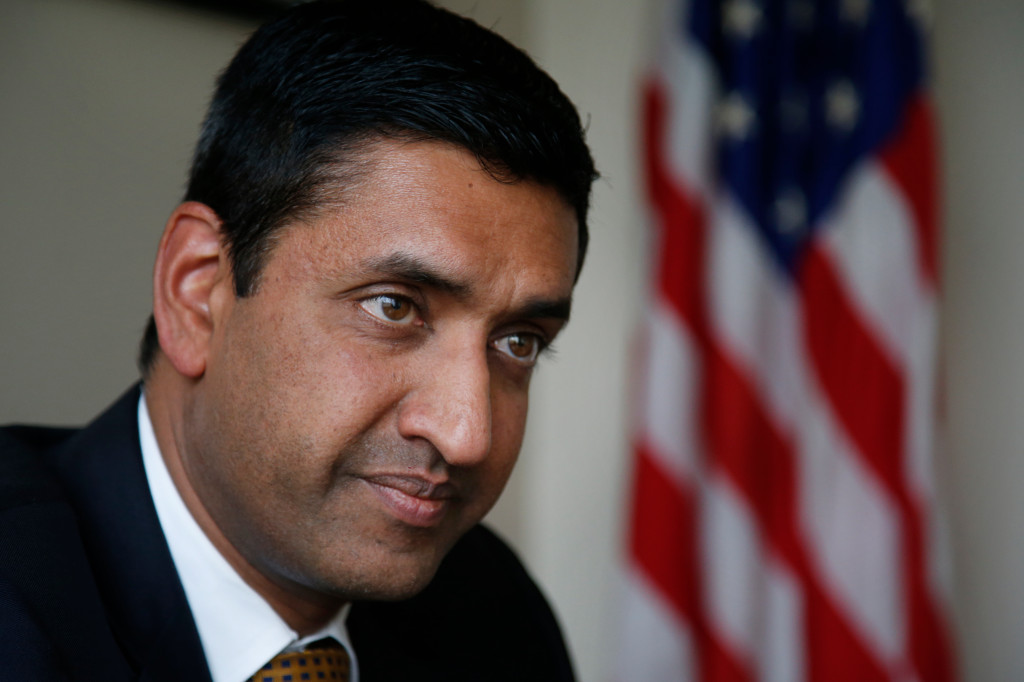Months after the former 24-hour Grayson Shelter was shut down in Berkeley at the end of last year, the up to 40 RVs that previously parked each night at its Safe Parking and Respite Program (SPARK) lot are still roaming city streets to find a space to stay.
In an effort to replicate the lot’s previous success helping close 10 encampments and significantly reducing the footprint of RVs parked along municipal roadways, the city’s Homeless Services Panel of Experts recommended in February that the Berkeley City Council expedite efforts to find another location — complete with mandatory safety inspections and fire extinguishers — that could support RV dwellers’ legal right to shelter in their vehicles.
But two major roadblocks stand in the way: no money within the city’s coffers has been earmarked yet for this project, and available land that could host RVs is scarce.
Carole Marasovic, chair of the Homeless Services Panel of Experts, said that while the objective of an RV lot has always been to provide residents temporary reprieve during their search for permanent housing, it’s difficult to secure those projects.
Overnight parking lots force RV dwellers to find parking elsewhere during the day, and creating full-time programs on city-owned or faith-based organizations’ properties aren’t easy solutions, either, as they require ongoing management, hygiene services and on-sight maintenance.
Money could be set aside for another RV lot from Measure P, a property transfer tax which voters approved in 2018 to help support homeless support services through 2028, but that would need to be approved in the upcoming year’s budget process.
Additionally, that pot of funds is projecting “serious structural deficiencies” over the last 5 years of the measure’s lifespan, according to city documents, and new shelter programs that have better opportunities to secure state funding — including a vision for a Super 8 on University Avenue — currently take priority.
“Hopefully the city will identify this as a need (for Measure P funding), but of course, there will always be competing needs,” Marasovic said in an interview. “Realistically, RV parking is not permanent, and land is being taken up for housing. But many people feel safer in RVs – that’s their home – and legally, the courts have said we can’t just eject them from the community.”
The Berkeley City Council is expected to discuss future plans to secure another RV parking lot at its April 11 meeting.
The SPARK lot was first opened in July 2021 by Dorothy Day House, a local nonprofit dedicated to helping people who are homeless. But as part of the Grayson shelter — technically called the West Berkeley Horizon Transitional Village, which was located in a converted warehouse at 742 Grayson St. near Aquatic Park — the RV parking was always intended to be an interim solution during the pandemic.
Horizon officially shuttered operations at the end of 2022, because the property is slated to become the site of a commercial research and development building in West Berkeley’s mixed manufacturing district.
While arrangements were made for the residents of Horizon’s 50 beds to move into the Berkeley Inn, no lot was identified for the 50 RVs’ residents.
The cost of another RV parking lot — dependent on the potential location, capacity and breadth of social services offered — will be evaluated by the city’s Council Budget and Finance Committee, likely later this year.
Given the roadblocks ahead, Marasovic suggested that other efforts might be useful to help free up some cash, whether that means mitigating expensive 5150 transports or developing a crisis stabilization center in Berkeley.
“I don’t know what efforts the city has made, but I believe they need to pick it up,” Marasovic said. “But if there’s a space for affordable housing, I wouldn’t say a permanent RV lot should take that land, instead.”










